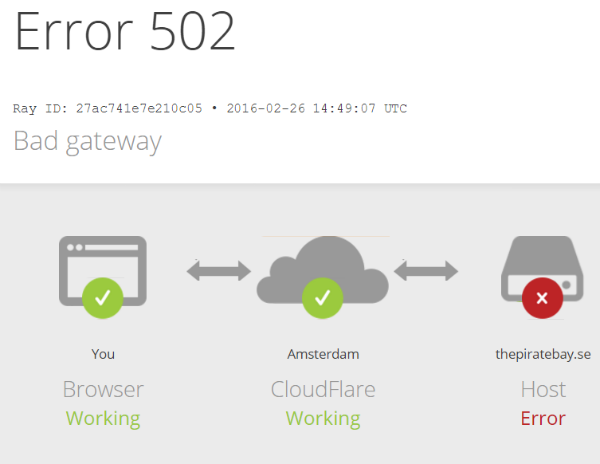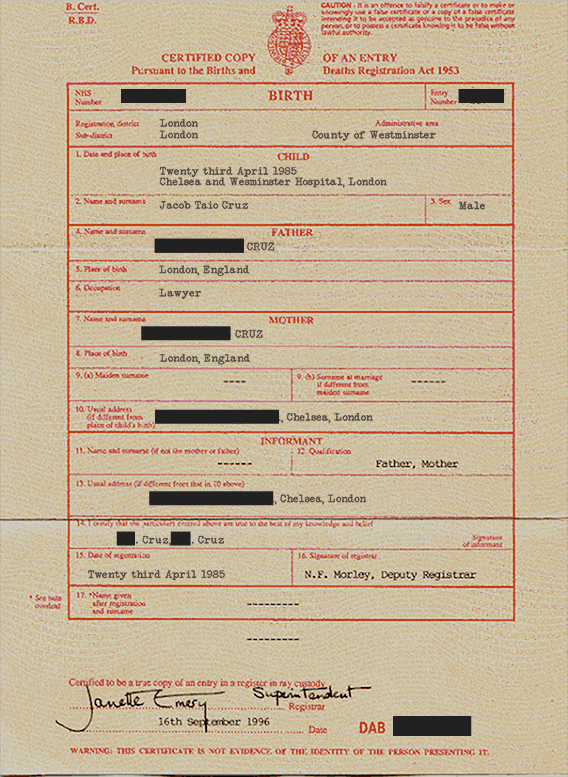Napster Founder Plans to Offer New Movies at Home For $50 Per Shot
jeudi 10 mars 2016 à 10:27 Straightforward availability of content is often cited as a reason for people pirating content. Whether it’s geo-locked movies on Netflix or TV shows premiering in the United States before less lucrative markets, reasons for obtaining content without permission begin to pile up.
Straightforward availability of content is often cited as a reason for people pirating content. Whether it’s geo-locked movies on Netflix or TV shows premiering in the United States before less lucrative markets, reasons for obtaining content without permission begin to pile up.
One of the main availability issues is caused by theatrical windowing, the period in which the latest blockbusters play exclusively in theaters before hitting consumer platforms. During these weeks and months the public is expected to head off to the cinema and pay relatively large sums of money to watch the movie in the company of hundreds of others, or go without.
While this is an attractive proposition to millions of people every year, others prefer to enjoy content in their own homes but during the theatrical window there is only one way to do that and it involves breaking the law. However, if Napster co-founder Sean Parker has his way, watching first-run movies without leaving the couch might soon be an option.
According to Hollywood sources, Parker is currently working on a new project which will offer brand new movies in the home on the date they’re released in cinemas.
Called Screening Room, the project envisions the installation of a special set-top box in the home for a not unreasonable $150. However, when consumers want to watch a movie they will have to shell out $50 for the opportunity to view it once during a 48 hour period.
For the single person at home or those on a date, $25 to $50 each sounds like a lot of money. That being said, throw in a family with a few kids or a bunch of friends on a Saturday night, all of a sudden it’s much less than $10 each which is an altogether more interesting proposition.
Also on the upside is the avoidance of the other ancillary costs associated with visiting a theater. There’s no fuel to reach the location, no parking charges, no expensive food and drink, and no expensive movie memorabilia to spend money on. In fact, the more one thinks about it, the better value $50 sounds.
Of course, while all this money saving might be good for the public it sounds bad for theater chains. However, Screening Room is said to have a solution. According to a Variety report the company might be prepared to cut exhibitors in on the deal, handing them up to $20 per screening. Furthermore, customers who pay $50 to watch at home would then get two free tickets to watch the movie in the cinema, a clear opportunity to make some money on top.
Needless to say, distributors will also demand a cut and it’s being reported they would receive a 20% share of the $50 outlay. For their part, Screening Room is looking at taking just 10% ($5) from each viewing.
While still in the early stages of development, it’s reported that Screening Room representatives have been meeting with all the major studios with Universal, Fox and Sony showing a lot of interest. According to sources, the company is close to doing a deal with AMC.
But not everyone is happy, far from it. According to comments made to Deadline by a pair of major studio distribution executives, Screening Room’s proposals are of huge concern.
“This news is so damaging, I can’t tell you right now how unhappy I am,” said one.
Another expressed a more apocalyptic view.
“It would be the beginning of the end, and half of the theaters in this country would close,” he said.
So, on the one hand sits Screening Room, with plans to fill a huge gap in the market while disrupting it significantly. On the other sits some frightened industry players who see the fledgling company as the modern equivalent of the Betamax Boston Strangler.
At home sit hungry consumers, some looking to outlay $50 per shot and others wondering if the incoming movies will be easy to copy. Apparently Screening Room has secure anti-piracy technology in place – but they all say that, don’t they?
Source: TF, for the latest info on copyright, file-sharing, torrent sites and ANONYMOUS VPN services.
 The Pirate Bay has been unreachable for more than a day now.
The Pirate Bay has been unreachable for more than a day now.



